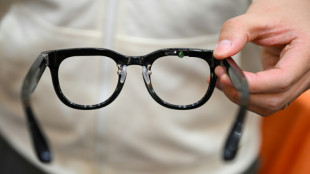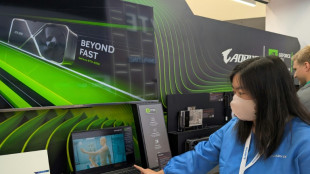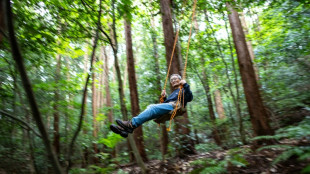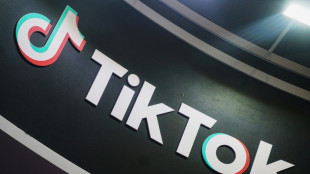

Private space mission with Saudi astronauts splashes down
A SpaceX capsule carrying two Saudi astronauts has splashed down off the coast of Florida, completing the second private mission to the International Space Station.
Rayyanah Barnawi, the first Saudi woman to go to space, compatriot Ali Al-Qarni, and Americans Peggy Whitson and John Shoffner waved happily to cameras after the hatch was opened on their Crew Dragon late Tuesday night.
They were then helped out of the spacecraft, slightly unsteady on their feet after spending eight days on the orbital outpost, as seen on a video stream provided by Axiom Space, which chartered the mission with NASA.
"Welcome back to Earth!" tweeted NASA chief Bill Nelson.
The four member crew conducted more than 20 research experiments and served as research subjects to better understand the impacts of microgravity on the human body and to develop technologies that can assist future human spaceflight, Axiom Space said in a statement.
The Axiom Mission 2 (Ax-2) crew took off aboard a SpaceX Falcon 9 rocket from the Kennedy Space Center in Cape Canaveral on May 21.
The company carried out its first private mission to the ISS in April last year, with each of its three paying crew members reported to have paid tens of millions of dollars for their tickets.
The company has not disclosed how much the government of Saudi Arabia spent on sending its two nationals on Ax-2, nor the amount paid by Shoffner, an entrepreneur. Whitson is a former NASA astronaut now contracted by Axiom.
The mission has been something of a publicity coup for Saudi Arabia, whose ruler Crown Prince Mohammed bin Salman has been keen to project a softer global image since taking power.
Axiom is one of several companies working on a commercial space station to replace the ISS once it retires after 2030.
NASA has made it a goal to stimulate a commercial economy in the region of space called low Earth orbit, leaving it to focus on missions deeper into space, such as returning to the Moon with humans and then going on to Mars.
E.Colombo--IM




